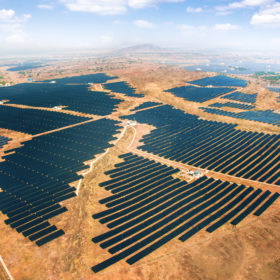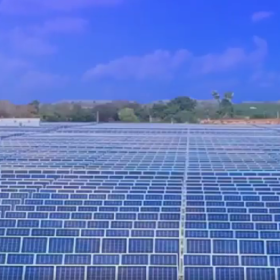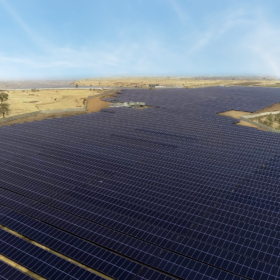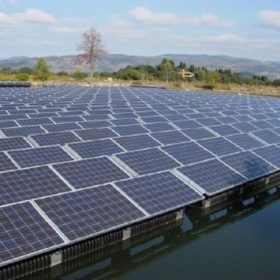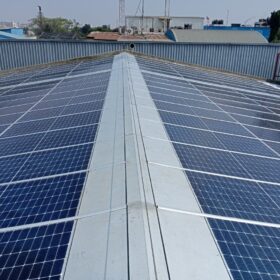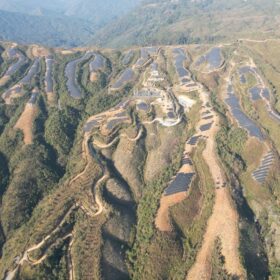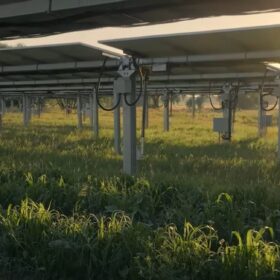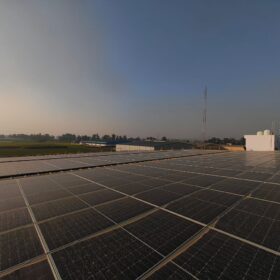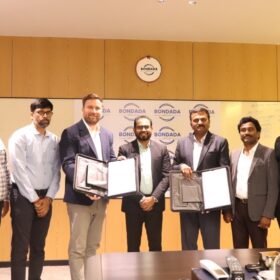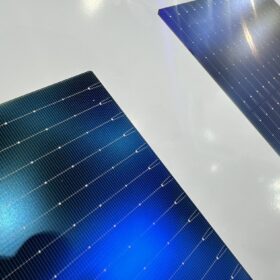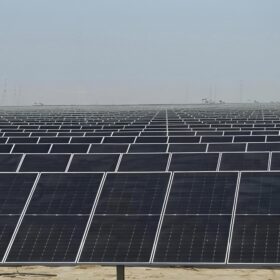Sterlite Power wins green energy transmission project in Rajasthan
The project will act as one of the critical links in the evacuation of 20 GW of renewable power from the Renewable Energy Zones of Rajasthan to the national grid.
Relaxation of ALMM order a near-term positive for solar power developers, says ICRA
The Ministry of New & Renewable Energy has exempted solar projects to be commissioned till March 31, 2024, from the requirement to source modules from the Approved Models and Manufacturers (ALMM) list. The move provides developers with the flexibility to source modules at the most cost-competitive rates.
The case for using gas-based plants to serve peak power demand
Using some of India’s existing gas-based power capacity as peaking plants would be more economical than the other options in the short-term market for peak power supply. Gas-based power plants can provide ancillary services to maintain the grid’s power quality, reliability, and security as renewable energy capacity increases, says a new report by IEEFA.
India installed 2.5 GW of open-access solar in 2022
India reached 7.7 GW of cumulative installed open-access solar capacity as of Dec. 31, 2022, with a record annual addition of 2.5 GW during the Jan.-Dec. period in 2022.
Amp Energy to build 720 MW of renewable energy projects in Andhra Pradesh
Amp Energy has committed to building 720 MW of wind, solar, wind-solar hybrid, floating solar, and energy storage projects in Andhra Pradesh with an estimated investment of approx Rs 5,800 crore over the next 3-5 years.
SECI tenders 100 MW floating solar in Jharkhand
Solar Energy Corp. of India Ltd (SECI) has invited global bids to build a 100 MW (AC) floating solar PV Project at Getalsud Dam in the Ranchi district of Jharkhand. Bidding closes on May 2.
Ornate commissions roof-integrated solar system for Ashirvad Pipes
Ornate designed, engineered and manufactured the 91 kW solar energy-generating roof using 200 high-efficiency mono PERC modules. The system has replaced 6,630 sq. ft. of asbestos roofs at Ashirvad Pipes’ production facility in Bengaluru.
India can achieve energy independence by 2047 through clean technology: Study
Berkeley Lab study shows how deep cost reductions in clean technology and India’s renewable and lithium edge can enable a pathway for cost-effective energy independence by 2047.
Solar arrays on sloping terrain with narrow land-width
SAEL Ltd., a solar and biomass RE developer in India, has commissioned a 28 MW DC (20 MW AC) solar power plant in Mizoram’s sloping, hilly terrain. Given the narrow strips of land separated by gorges and steep valleys, it laid out solar arrays as fingers joined by a perimeter road and 33kV transmission line for power evacuation.
Agrivoltaics market valued at $9.3 billion
The global agrivoltaics market is pegged at a 10.1% annual growth rate, according to a research note by Allied Analytics.
